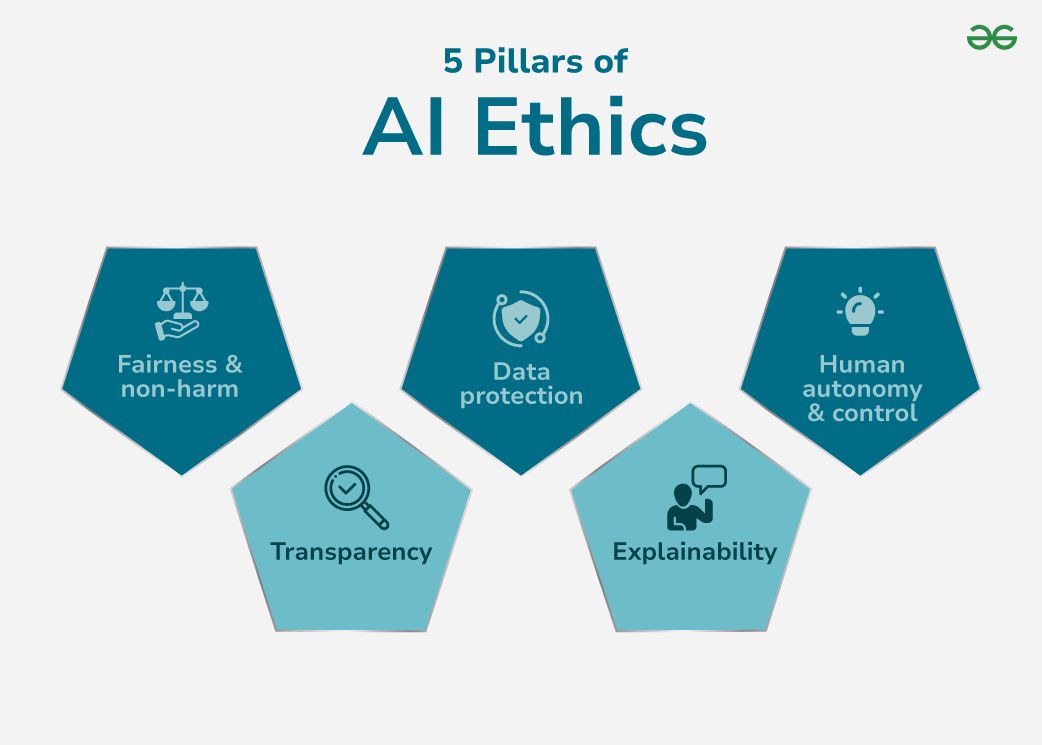
How AI Is Powering Sustainable Solutions
- 0
Artificial Intelligence (AI) has become a powerful tool in the tech industry, revolutionizing the way we approach sustainability. With the growing concern over climate change and environmental degradation, AI is playing a crucial role in developing innovative solutions that help reduce our impact on the planet.
Optimizing Energy Efficiency
One of the key ways AI is contributing to sustainability is by optimizing energy efficiency. AI algorithms can analyze data from various sources to identify patterns, trends, and inefficiencies in energy consumption. This information can then be used to make real-time adjustments to systems, such as heating, cooling, and lighting, to minimize energy waste and reduce carbon emissions.
Facilitating Renewable Energy Integration
Another area where AI is making a significant impact is in facilitating the integration of renewable energy sources, such as solar and wind power, into the existing grid. AI algorithms can forecast energy production from these sources, predict demand, and optimize the distribution of energy to ensure a reliable and efficient supply of renewable energy.
Enhancing Waste Management
AI is also being used to enhance waste management practices by optimizing collection routes, identifying recycling opportunities, and reducing overall waste production. By analyzing data on waste generation and disposal, AI can help municipalities and businesses implement more sustainable waste management strategies.
Improving Agricultural Practices
In agriculture, AI is revolutionizing farming practices by optimizing crop management, monitoring soil health, and predicting crop yields. By analyzing data on weather patterns, soil conditions, and crop health, AI can help farmers make informed decisions that increase productivity while minimizing environmental impact.
Advancing Sustainable Transportation
AI is also playing a crucial role in advancing sustainable transportation solutions, such as electric vehicles, autonomous driving systems, and ride-sharing services. By analyzing traffic patterns, predicting demand, and optimizing routes, AI can help reduce congestion, emissions, and energy consumption in the transportation sector.
Challenges and Opportunities
While AI has the potential to drive sustainable solutions across various industries, it also presents challenges, such as data privacy concerns, bias in AI algorithms, and ethical implications of AI-driven decision-making. However, by addressing these challenges proactively and responsibly, we can leverage the power of AI to create a more sustainable future.
Conclusion
AI is a powerful tool that is revolutionizing the way we approach sustainability. By optimizing energy efficiency, facilitating renewable energy integration, enhancing waste management, improving agricultural practices, and advancing sustainable transportation, AI is helping us reduce our impact on the planet and build a more sustainable future. With the right approach and ethical considerations, AI can play a crucial role in driving sustainability across various industries and creating a more environmentally-friendly world.

